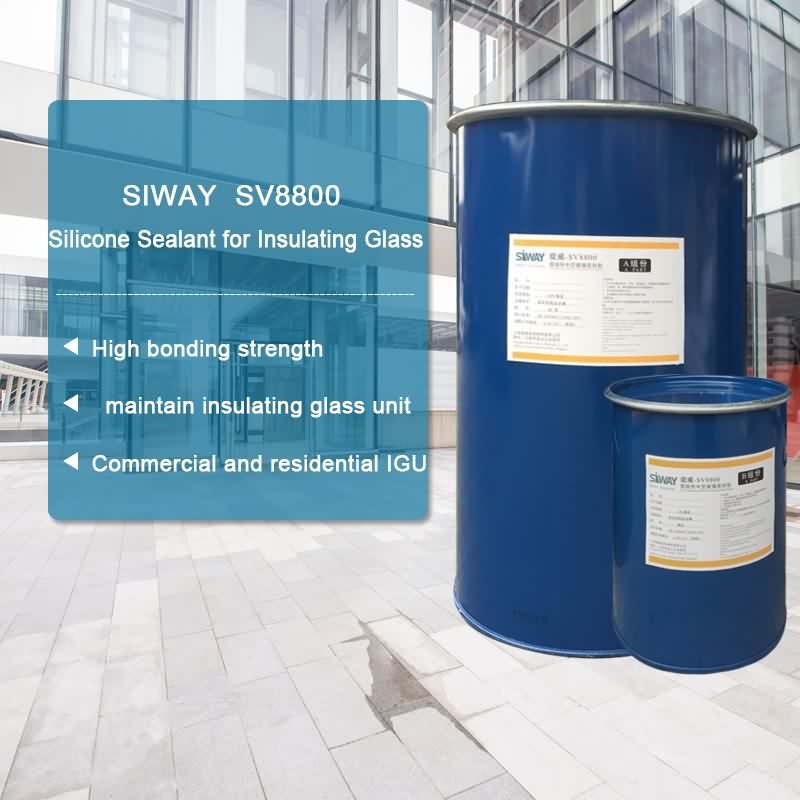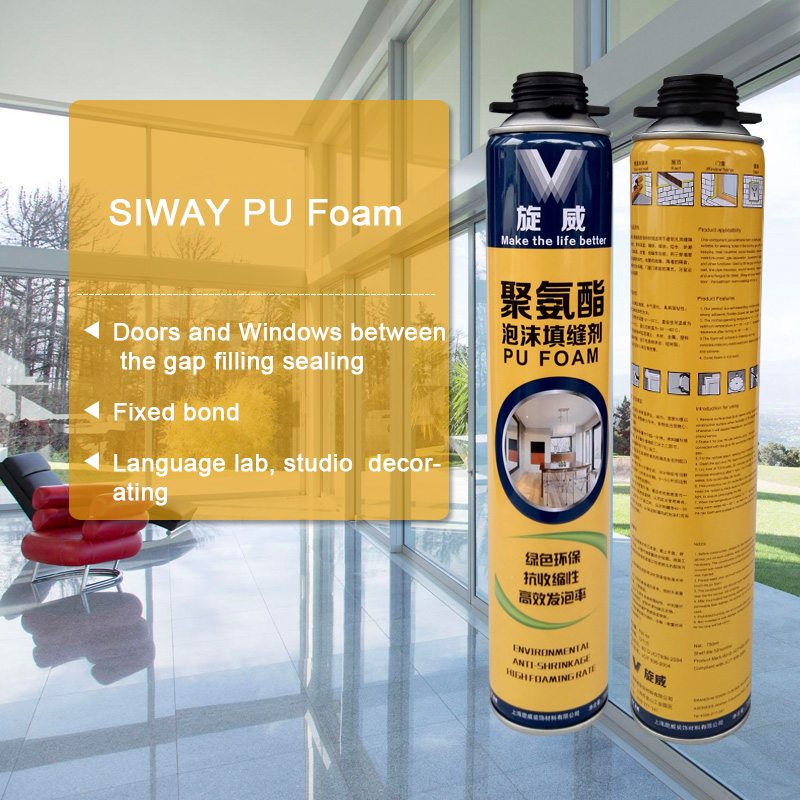Factory Cheap price SV-8800 Silicone Sealant for Insulating Glass for Holland Manufacturer
Short Description:
Description SV-8800 is two components, high modulus; neutral curing silicone sealant specifically developed for assembly of high performance insulated glass units as secondary sealing material. Where to use It is a two-component silicone that offers variable work life with high bonding strength to maintain the integrity of insulating glass unit, suits both commercial and residential IGU. Key Features 1. High Modulus 2. UV resistance 3. Low vapor and gas transmission 4. Primerless adhesion...
Quality First,and Customer Supreme is our guideline to provide the best service to our customers.Nowadays, we are trying our best to become one of the best exporters in our field to meet customers more need for Factory Cheap price SV-8800 Silicone Sealant for Insulating Glass for Holland Manufacturer, We, with great passion and faithfulness, are willing to provide you with perfect services and striding forward with you to create a bright future.
Description
SV-8800 is two components, high modulus; neutral curing silicone sealant specifically developed for assembly of high performance insulated glass units as secondary sealing material.
Where to use
It is a two-component silicone that offers variable work life with high bonding strength to maintain the integrity of insulating glass unit, suits both commercial and residential IGU.
Key Features
1. High Modulus
2. UV resistance
3. Low vapor and gas transmission
4. Primerless adhesion to coated glass
5. 100% compatible to SV-8890
Technical data sheet
| Test standard | Test project | Unit | value |
| Before curing——25℃,50%R.H. | |||
| GB13477 | Specific gravity(After mixing) | 1.33 | |
| GB13477 | Operating time | min | 20-40 |
| GB13477 | surface drying time(25℃,50%R.H.) | min | 80-188 |
| corrosivity | No | ||
| 7 days after curing——25℃,50%R.H. | |||
| GB/T 531 | Durometer Hardness | Shore A | 40 |
| GB13477 | The tensile modulus at 12.5% elongation | Mpa | 0.18 |
| The ultimate tensile strength | Mpa | 0.92 | |
| GB13477 | Elongation limit (fracture) | % | 150 |
Certification
GB-24266-2009;
Color
Component A(Base) – White, Component B(Catalyst)- Black
Package
1. Component A(Base): (190L), Component B(Catalyst) (18.5L)
2. Component A(Base):24.5kg (18L), Component B(Catalyst): 1.9kg (1.8L)
Shelf life
12 months
Note
If you want the TDS or MSDS or other details, please contact with our sales person.
“https://www.tngun.com/homemade-small-cell-foundation-using-a-diy-mold/ https://www.amazon.com/Smooth-On-Silicone-Making-Rubber-OOMOO/dp/B004BNF3TK/Sheschinc-20 I still have to get my procedure down, but I have a decent process. As I said, making foundation from poured was gives a more brittle product than a rolled sheet of foundation.
But basically you melt your wax — taking care not to overheat the wax. I use a crock pot set on low.
I then prepare the mold using cold water with a little dish soap (I keep some handy to cool the sheets)
Using a ladle, pour molten wax on the mold, trying to keep it even and enough to fill, but not overfill your mold. You want some wax to flow past the actual molded cell structure to allow for trimming and setting in your frames.
Quickly close your mold and let set.
Once the wax melts, gently lift the sheet off of the mold. I did not discover this until after the video was complete, but a still plastic placemat slid under the wax greatly reduces breakage.
Lay the wax on a solid surface, and using a pizza cutter; gently trim the foundation to fit your frame.
Set aside, layering with parchment or wax paper so that the foundation does not stick.
Later we will show how to use this foundation in a frame.



